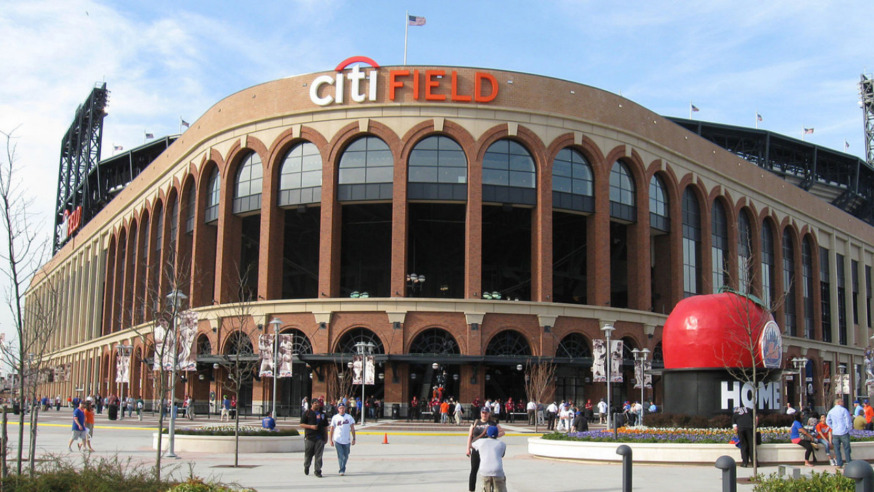
Citi Field (Wiki)Richick CC BY-SA 3.0
Sep. 3, 2020 By Michael Dorgan
Queens Council Members Costa Constantinides, Jimmy Van Bramer and Antonio Reynoso are among a group of elected officials who want New York sports arenas and franchisees to pay more taxes to help the cash-strapped city get through the current economic crisis.
Nine city council members–including the three from Queens– have called on the governor and mayor to demand that arenas pay property taxes once fans are allowed back into sports stadiums.
The council members said that the sports arenas and franchises have benefited from an unbalanced tax system and have paid little into city coffers – despite relying on public services like mass transportation to help run their organizations.
As a result, they said, the city has lost out on billions of dollars over the past number of decades that have could have been spent on education, sanitation, and other public services.
The lawmakers penned a letter on Aug. 24 that was sent to Governor Cuomo and Mayor de Blasio calling for tax laws on sports arenas to be amended.
“For far too long, this City has given a free pass to our beloved teams when it comes to property taxes, out of fear they’ll somehow pack up their bricks and beams and head across the Hudson River,” the letter reads.
The lawmakers wrote that the city can barely collect $9 million to save the New York City Community Schools program or make up the $106 million slashed from the Dept. of Sanitation due to recent budget cuts.
“We can’t fall for this bluff anymore,” the letter reads.
“This is an opportunity to prove these teams truly care about the schools they send players to visit or are invested in the mass transit they recommend people take to the game.”
The lawmakers recommend that the State Legislature repeal the 1982 tax break on Madison Square Garden. They said that this allowance saved the arena from paying $41.5 million in taxes for FY 2019, citing figures from the Independent Budget Office.
They also called on the city to renegotiate the Payment in Lieu of Taxes (PILOT) agreement with Yankee Stadium, Citi Field, and the Barclays Center. PILOTS are payments paid to government in place of taxes, usually property taxes. Currently, the stadiums pay PILOTs for the construction debt they owe.
The lawmakers said that all New York institutions should pitch in and pay their share to help with the economic recovery.
“We love our teams, but we love our constituents more. When the economy goes bust, it’s our duty to provide services the private sector cannot,” they wrote.
One Comment







Suck their blood till there is nothing left.